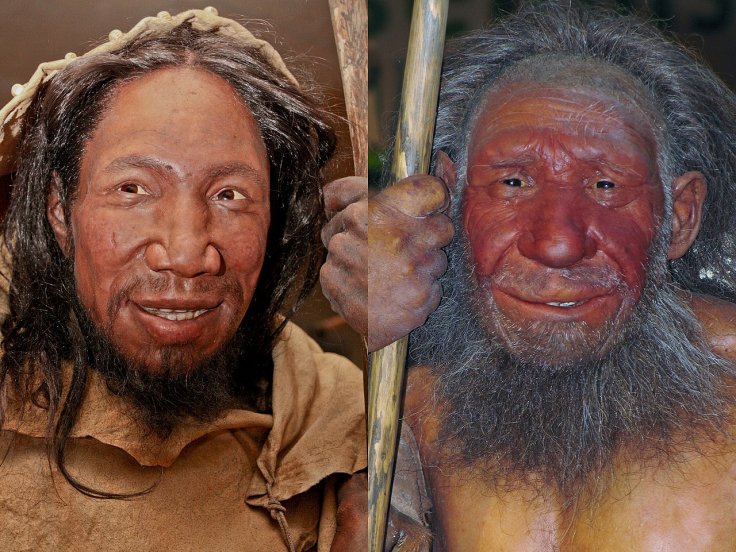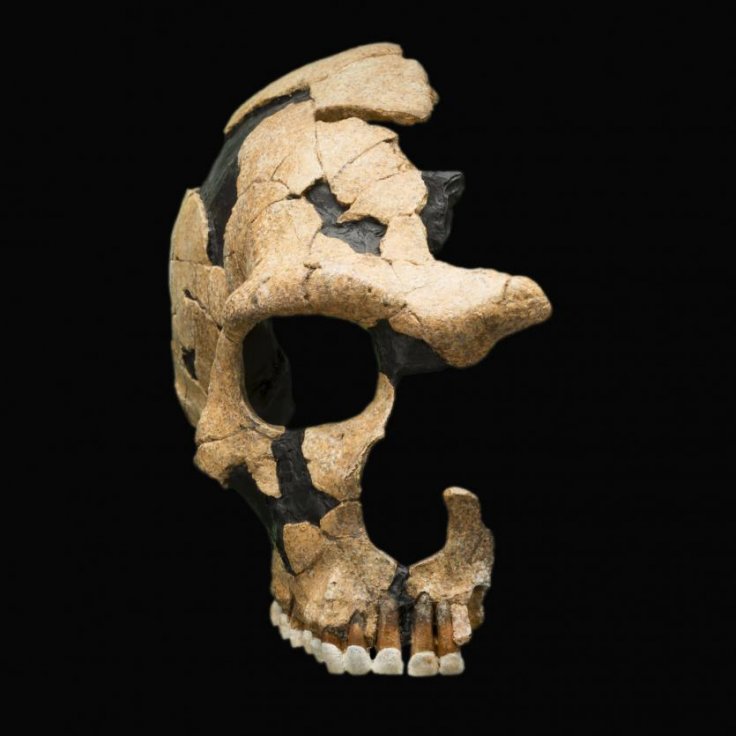Humans are born territorial like all the land-based mammals. We have continued to show the traits in the form of modern-day borders and Neanderthals weren't any different from us (Homo Sapiens). The two co-existed for thousands of years but it wasn't peaceful. According to new evidence, humans were at constant war with Neanderthals until the species was wiped out.
Both Homo Spaniels (modern-day humans) and Neanderthals were sister species, evolving from a common ancestor chimpanzee before dividing into two groups. One that moved out of Africa to other continents became the Homo neanderthalensis or Neanderthals and the other group that stayed in Africa evolved into Homo Sapiens or humans about 600,000 years ago. In total, there were nine human species.
Striking Similarities
Despite choosing different paths, the two species were strikingly similar. Both were hunter-gatherers, had similar anatomy and had 99.7 percent similarities in the DNA. Humans and Neanderthals also shared behavioral similarities. Both could make fire, buried dead bodies and were fascinated by artworks.

However, despite the similarities, unlike other humans, Neanderthals were the apex predator who ventured into a new world while the Homo Sapiens was the new kid on the block with more intelligence. But all of them had similar problems. With both being hunter-gatherers, territorial disputes grew larger over hunting grounds and so did confrontations.
About 10,000 years ago, Homo Sapiens drove all other species to extinction, emerging as the apex predator. Scientists sometimes refer to that as the sixth mass extinction that was man-made.
New Evidence
As both species used similar weapons — spears, clubs — to hunt, they had used those in the war against each other. Scientists have found evidence that it was common during those days. Prehistoric warfare left signs in fossils in the form of broken bones, fractures or trauma signs. Clubs were the preferred weapon in war as it could dismantle the enemy in seconds. Fossils of both species showed trauma to the skull, Nicholas R Longrich, a senior lecturer of evolutionary biology and paleontology at the University of Bath, the U.K, wrote in The Conversation.
One Neanderthal fossil was found in Shanidar Cave in Iraq with a pierced spear to the chest. Researchers also observed frequent fractures to the lower arm that could have caused when trading blows. While some injury marks could have been from hunting, researchers believe that the pattern of injuries was consistent with intertribal, small-scale warfare.

However, unlike other human species, Neanderthals were the main challenger to Homo Sapiens' domination. They were stocky hunters and weren't overrun by us. The battle for existence lasted about 100,000 years before ultimately Homo Sapiens overcame.
Advantage Neanderthals
Longrich pointed out that the reason for humans to leave Africa so late was due to Neanderthals' domination in Europe and Asia. He added that humans kept losing to Neanderthals for thousands of years due to the latter's tactical abilities and physical advantages. Unlike Homo Sapiens, they were muscular-built and had a great advantage in close-quarters fights. Besides, they had bigger eyes and better low-light vision. That helped them beat Homo Sapiens ambush in the dark.
By leaving Africa early, they had also adapted to the weather and local climate of Europe, Asia and the Middle East. They had gained knowledge of the territory, local plants and animals, unlike Homo Sapiens.
Homo Sapiens, New Apex Predator
However, after years of being dominated by Neanderthals, Homo Sapiens finally managed to become the apex predator that still rules the planet today. The exact reason is unknown but scientists have different arguments about the reason that includes climate change, better adaptability, poor Neanderthal genes that were susceptible to diseases among others.
But according to Longrich, we might have won because of inventing superior weapons including long-range ones that would have aided us in hitting Neanderthals from a distance before they could approach us. The other reason could be a better technique in hunting-gathering that helped us stay healthy and gave us a numerical advantage in the war against our sister species.









